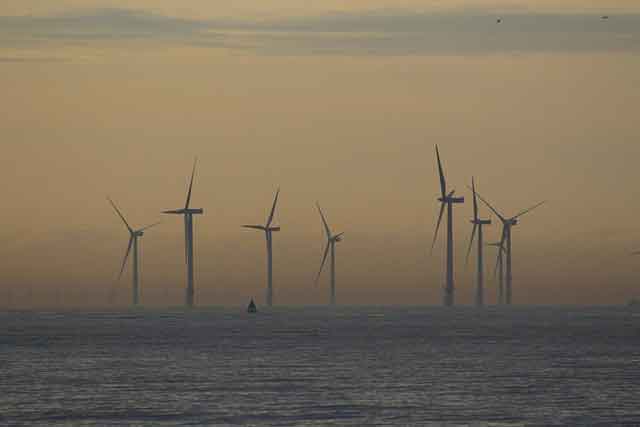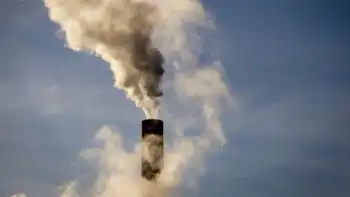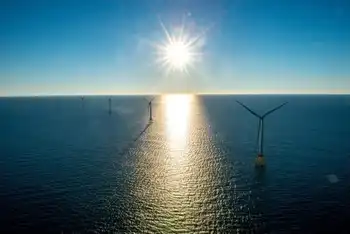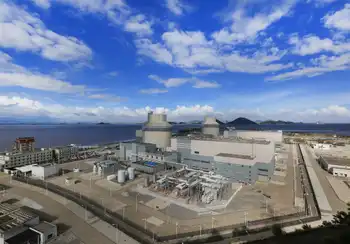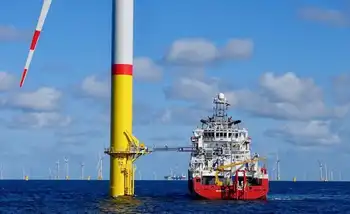Ottawa invests in Bear Mountain Wind Park
By Marketwire
Arc Flash Training CSA Z462 - Electrical Safety Essentials
Our customized live online or in‑person group training can be delivered to your staff at your location.

- Live Online
- 6 hours Instructor-led
- Group Training Available
The Honourable Jay Hill, Government House Leader and Member of Parliament for Prince George-Peace River, attended the project's midpoint celebration, on behalf of the Honourable Lisa Raitt, Minister of Natural Resources and announced that the Bear Mountain Wind Park will receive up to $20.5 million over the next ten years through the ecoENERGY for Renewable Power program.
"By investing in clean energy projects, like the Bear Mountain Wind Park, the Government of Canada is helping to create jobs, stimulate the economy and improve our environment," said Minister Hill. "This project will encourage sustainable energy for British Columbia's future and ensure that clean electricity is delivered to Canadians at competitive prices."
The Bear Mountain Wind Park will have 34 turbines with a total capacity of 102 megawatts and will cover approximately 25 hectares of land on top of Bear Mountain. The project is owned by Bear Mountain Wind Limited Partnership, a subsidiary of AltaGas Income Trust. The electricity generated will be sold to BC Hydro.
"The ecoENERGY for Renewable Power program provides an excellent incentive to developers of green energy," said David Cornhill, Chairman and CEO of AltaGas Income Trust. "The investment by the Government of Canada in the AltaGas Bear Mountain Wind Park was an important milestone for this project and for developing wind power in British Columbia. It has been a delight to work with the people of Dawson Creek and various governments to bring this long-term, clean, renewable wind power to British Columbia."
The $1.5-billion ecoENERGY for Renewable Power program provides a one cent per kilowatt-hour incentive, with the goal of increasing Canada's renewable electricity capacity by more than 4,000 megawatts — enough to power a million homes. Canada's Economic Action Plan builds on this investment with an additional $2.4 billion to support the development and deployment of cleaner energy technologies and supporting infrastructure, including the $1-billion Clean Energy Fund and the $1-billion Green Infrastructure Fund.






